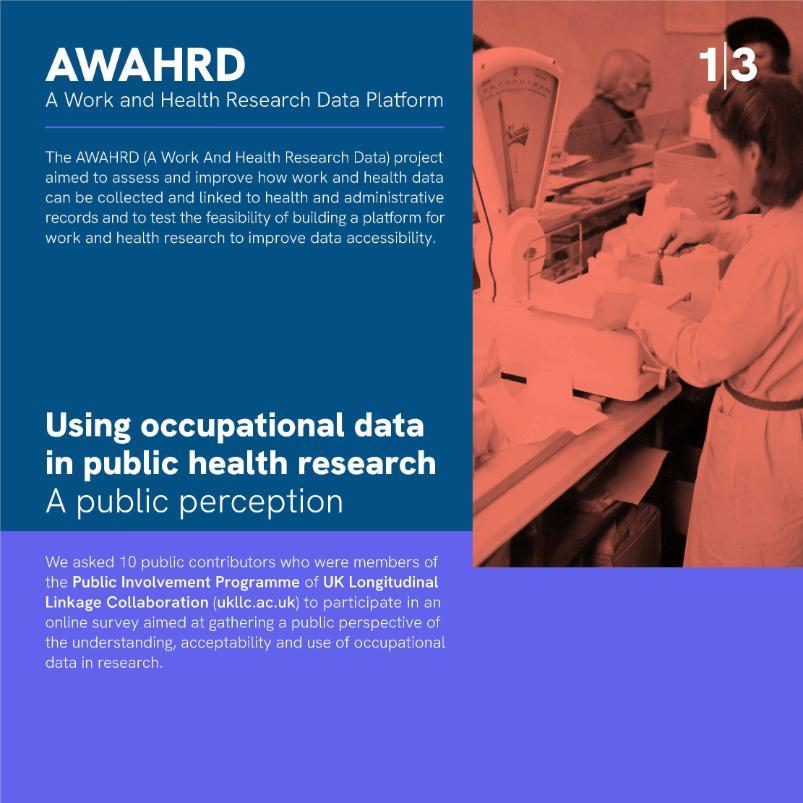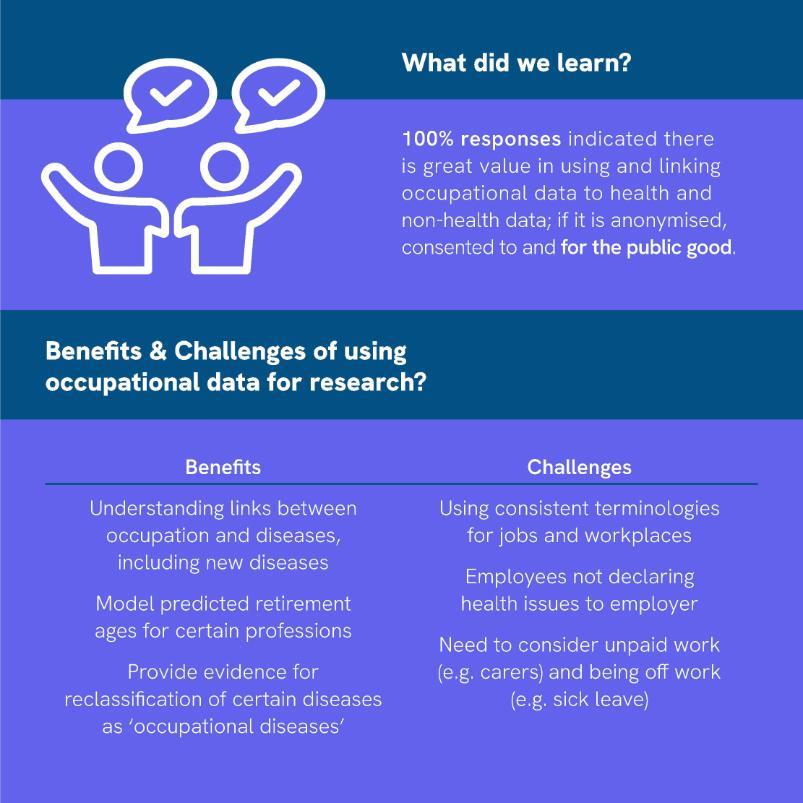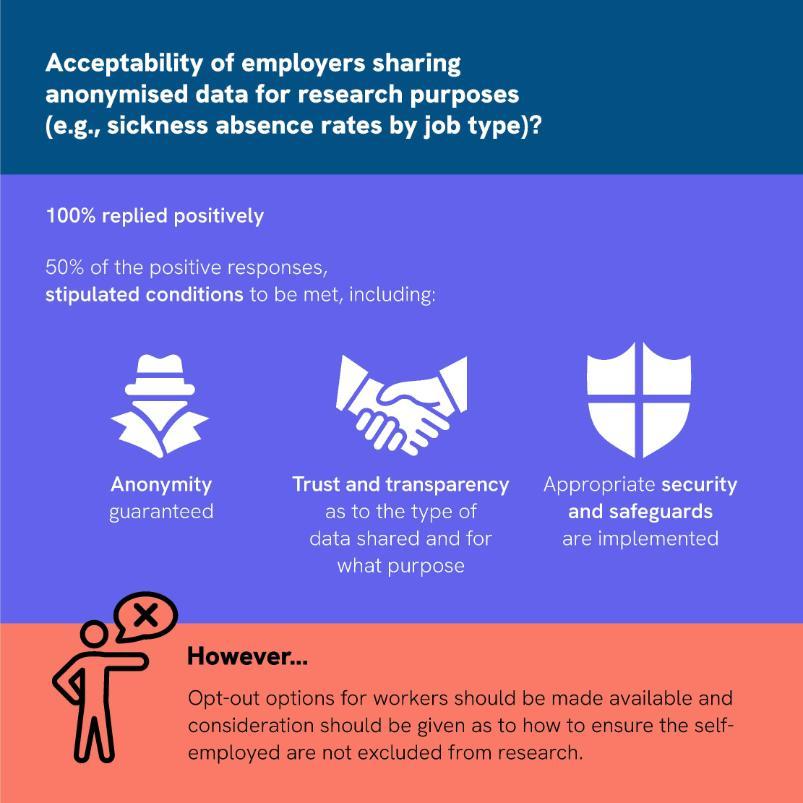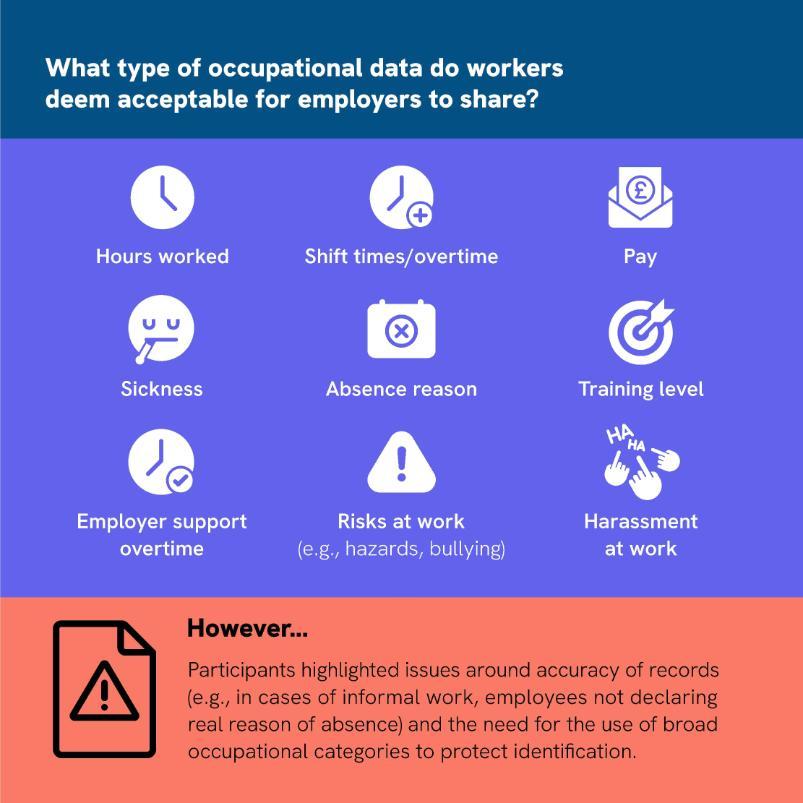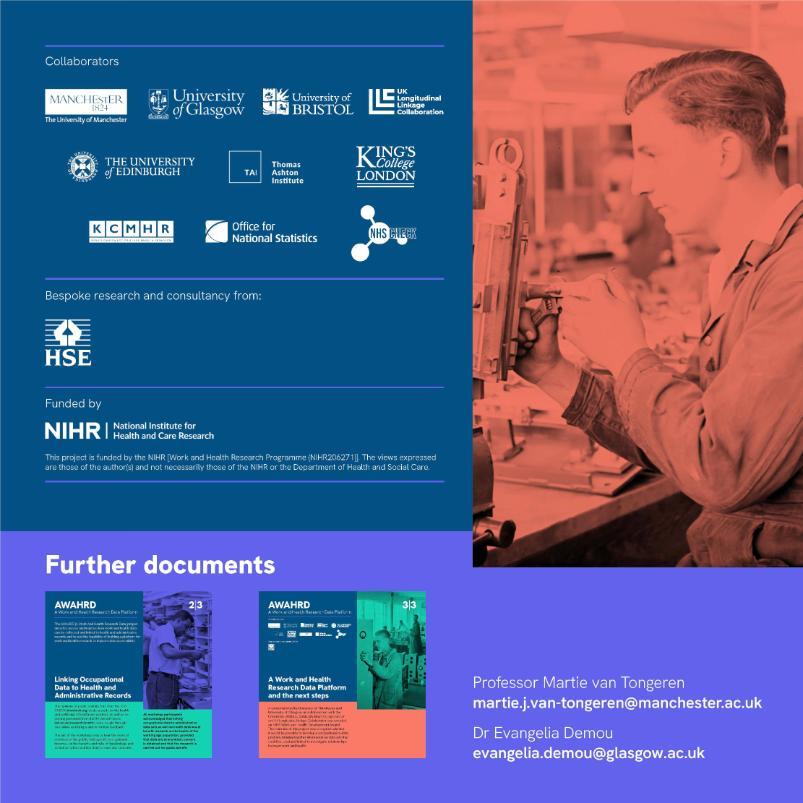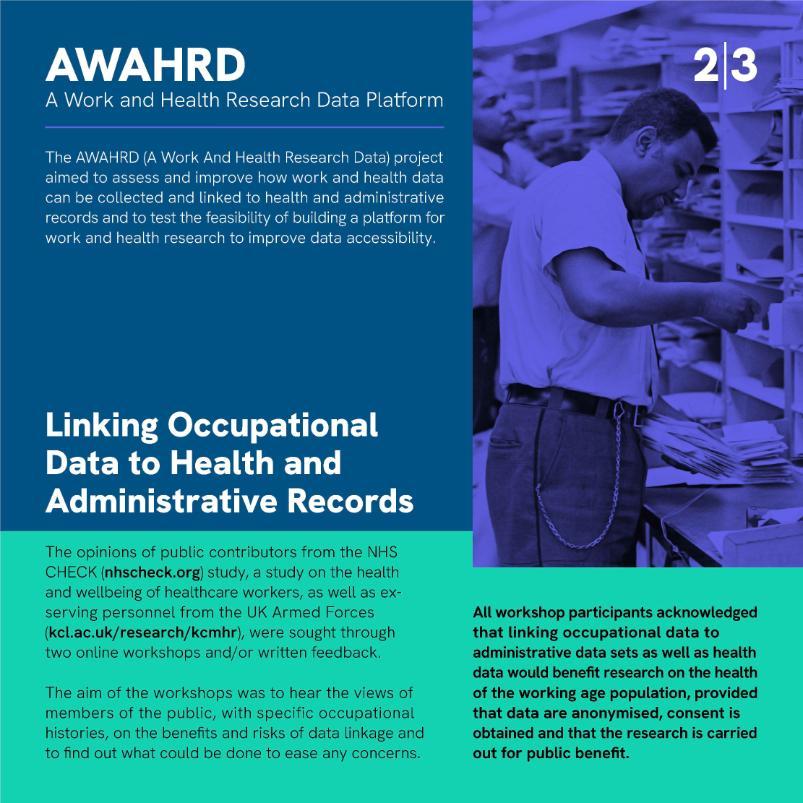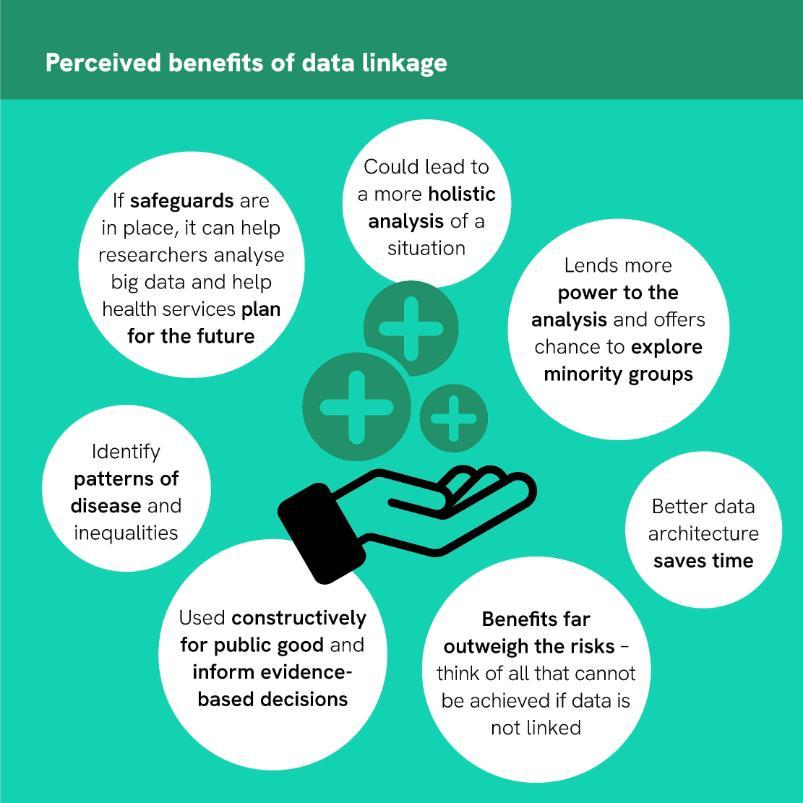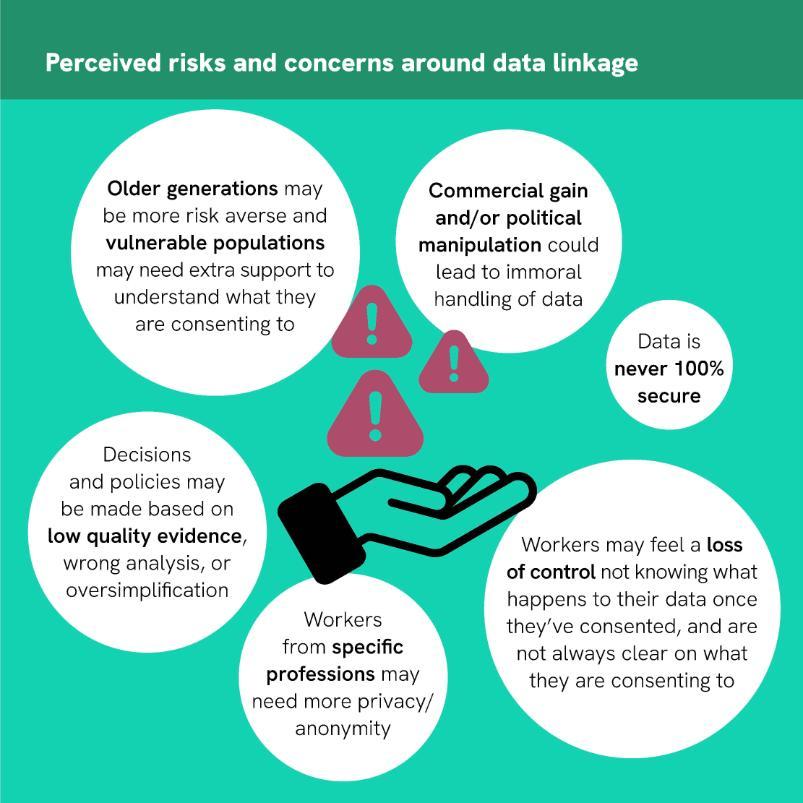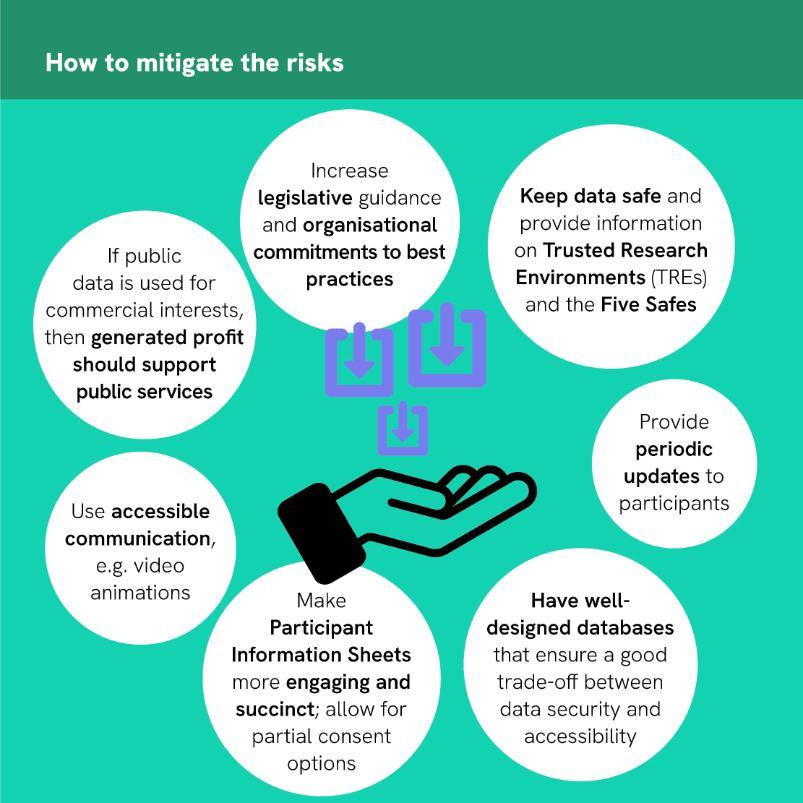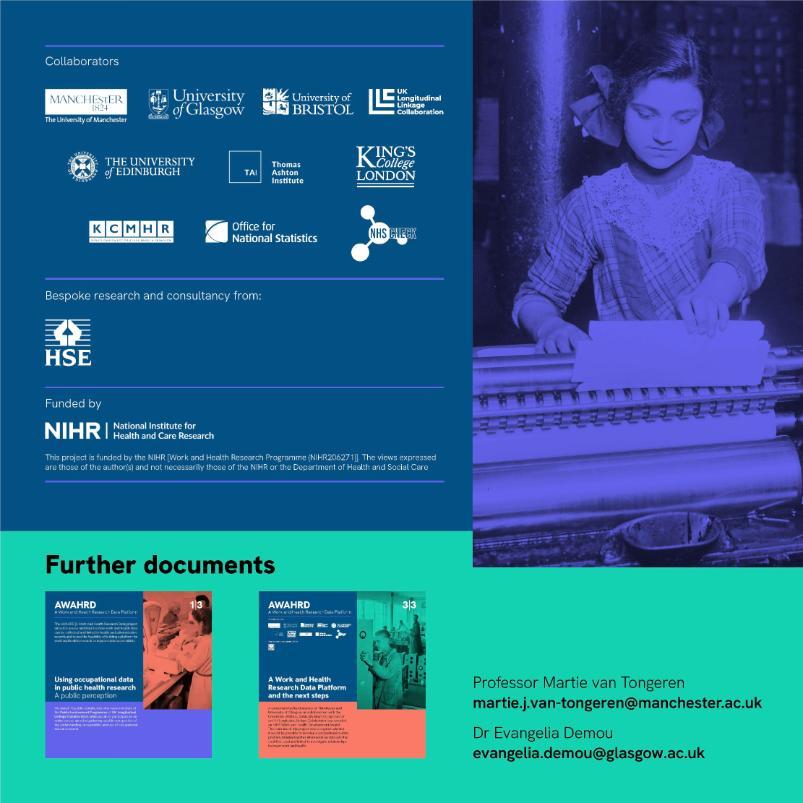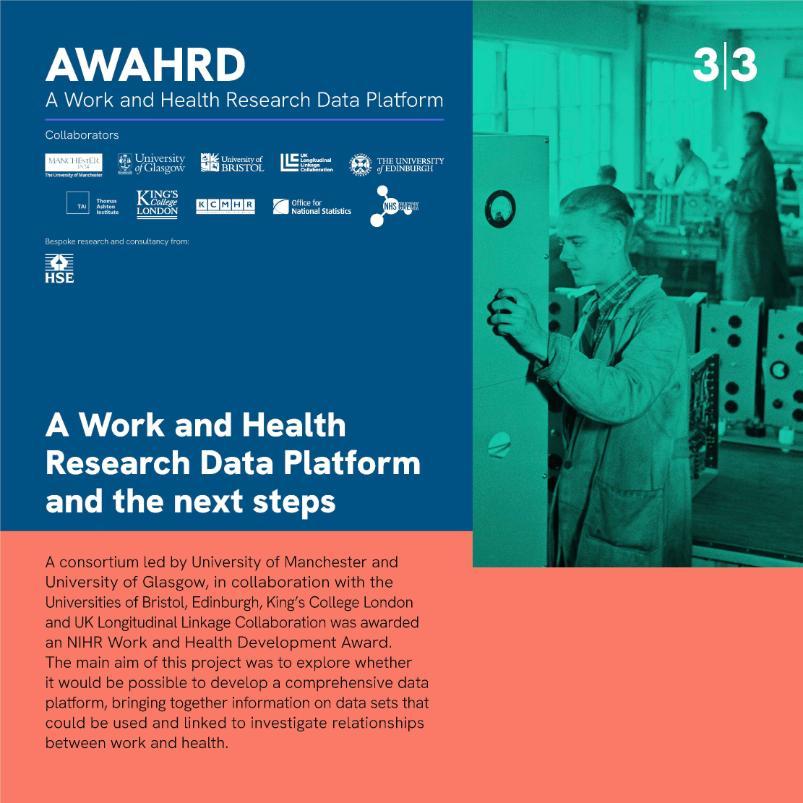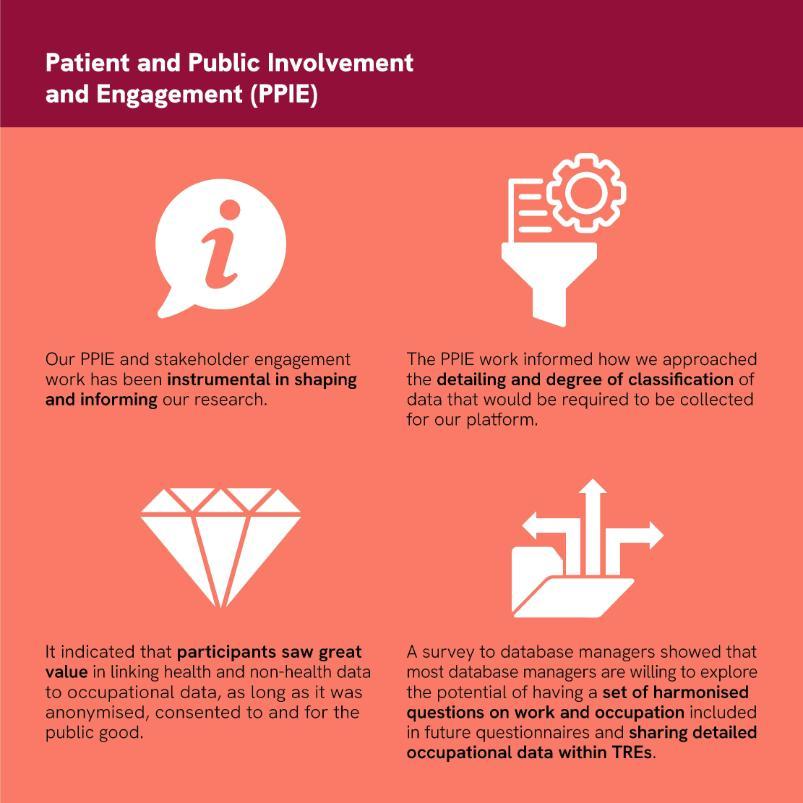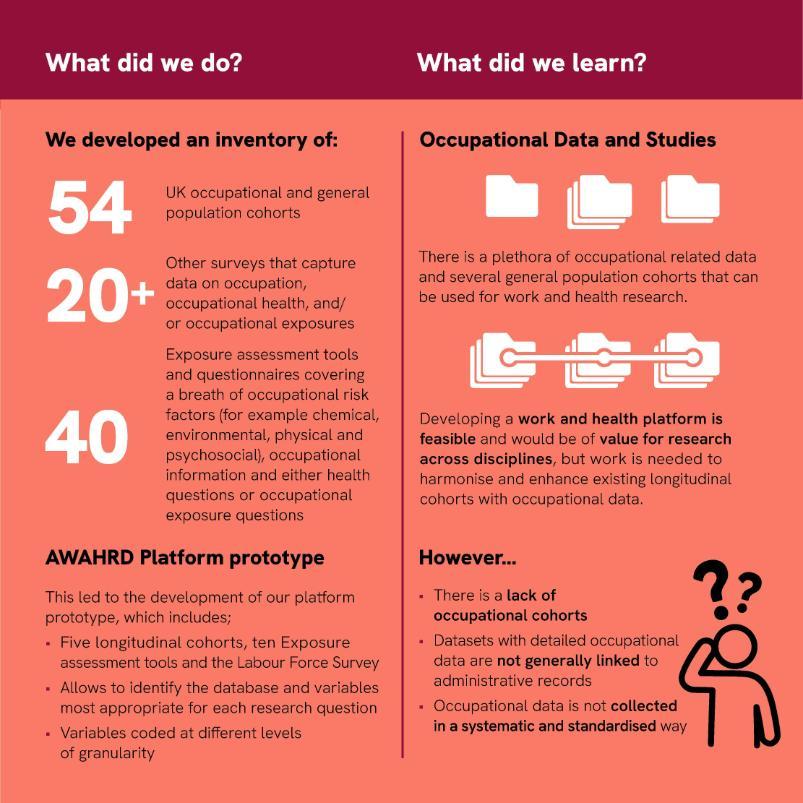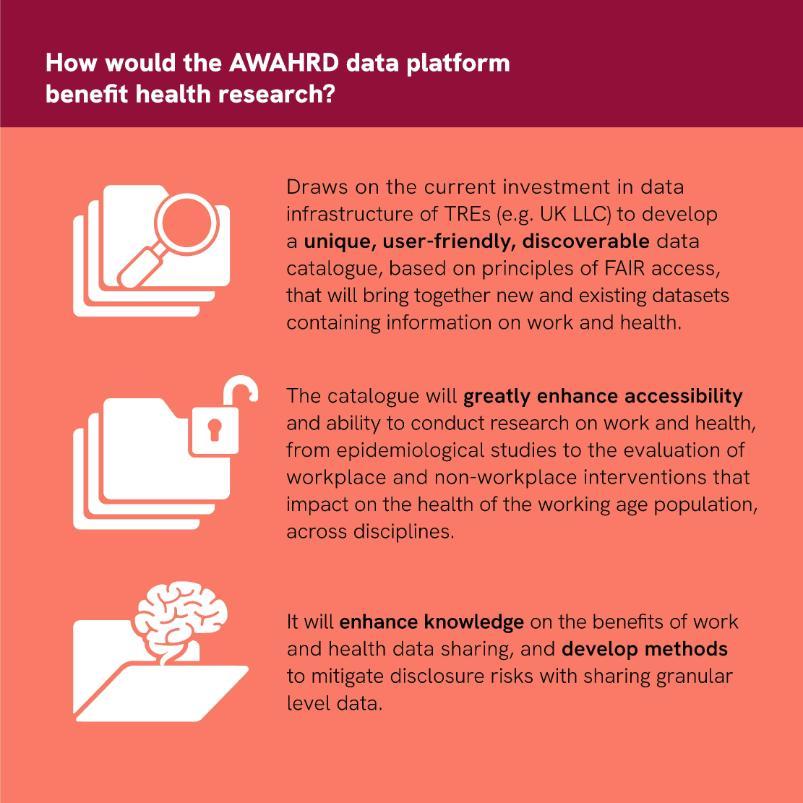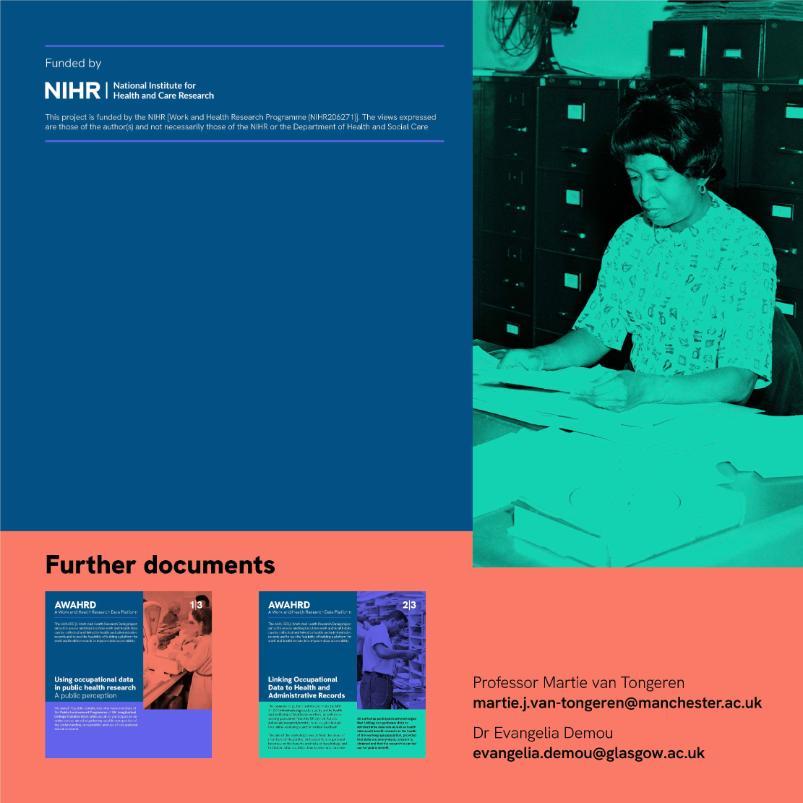A Work and Health Research Data Platform (AWAHRD)
The availability and accessibility of occupational health data remains a challenge in the UK for research to inform and support policies and practices to reduce work-related ill-health. One of the challenges is that occupational data is not collected systematically with routine health data. Even when occupational data is collected, comparability of measures across datasets is often challenging. However, advances in the UK data science landscape on electronic health hand administrative data and for secure analysis are offering novel opportunities for data sharing of sensitive data. These advancements provide an opportunity to advance the work and health research landscape.
A consortium led by the University of Manchester and the University of Glasgow, in collaboration with the Universities of Bristol, Edinburgh, King’s College London and UK Longitudinal Linkage Collaboration was awarded an NIHR Work and Health Development Award (AWAHRD; NIHR 206271).
The main aim of this project was to explore whether it would be possible to develop a comprehensive data platform, bringing together information on data sets that could be used and linked to investigate relationships between work and health. We also set out to gather a public perspective of the understanding, acceptability and use of occupational data in research as well as linking occupational data to other routinely collected data.
As part of this development project, we created an inventory of UK occupational and general population cohorts, surveys that capture data on occupation, occupational health, and/or occupational exposures, and an array of Job Exposure Matrices (JEMs). Using this information, we developed a prototype of A Work and Health Research Data (AWAHRD) platform to showcase the basic functions and utility of such a tool for research.
For more information, or to request a pdf copy of the research findings displayed as infographics below, please contact: Evangelia (Lia) Demou, evangelia.demou@glasgow.ac.uk
View research findings:

Staff
- Evangelia Demou (co-PI)
- Theocharis Kromydas
External collaborators
University of Manchester
- Martie van Tongeren (co-PI)
- Matthew Gittins
- Anne Clayson
- Rheanna Pereria
- Vicky Turner
University of Bristol
King’s College London
University of Edinburgh
Partners
- Yiqun Chen - HSE
- David Fishwick - HSE
- Vittal Katikireddi – University of Glasgow
- Vahe Nafilyan - ONS
Using occupational data in public health research: A public perception
To request a pdf copy of these infographics, please contact: Evangelia (Lia) Demou, evangelia.demou@glasgow.ac.uk
Linking occupational data to health and administrative records
To request a pdf copy of these infographics, please contact: Evangelia (Lia) Demou, evangelia.demou@glasgow.ac.uk
A work and health research data platform and the next steps
To request a pdf copy of these infographics, please contact: Evangelia (Lia) Demou, evangelia.demou@glasgow.ac.uk



